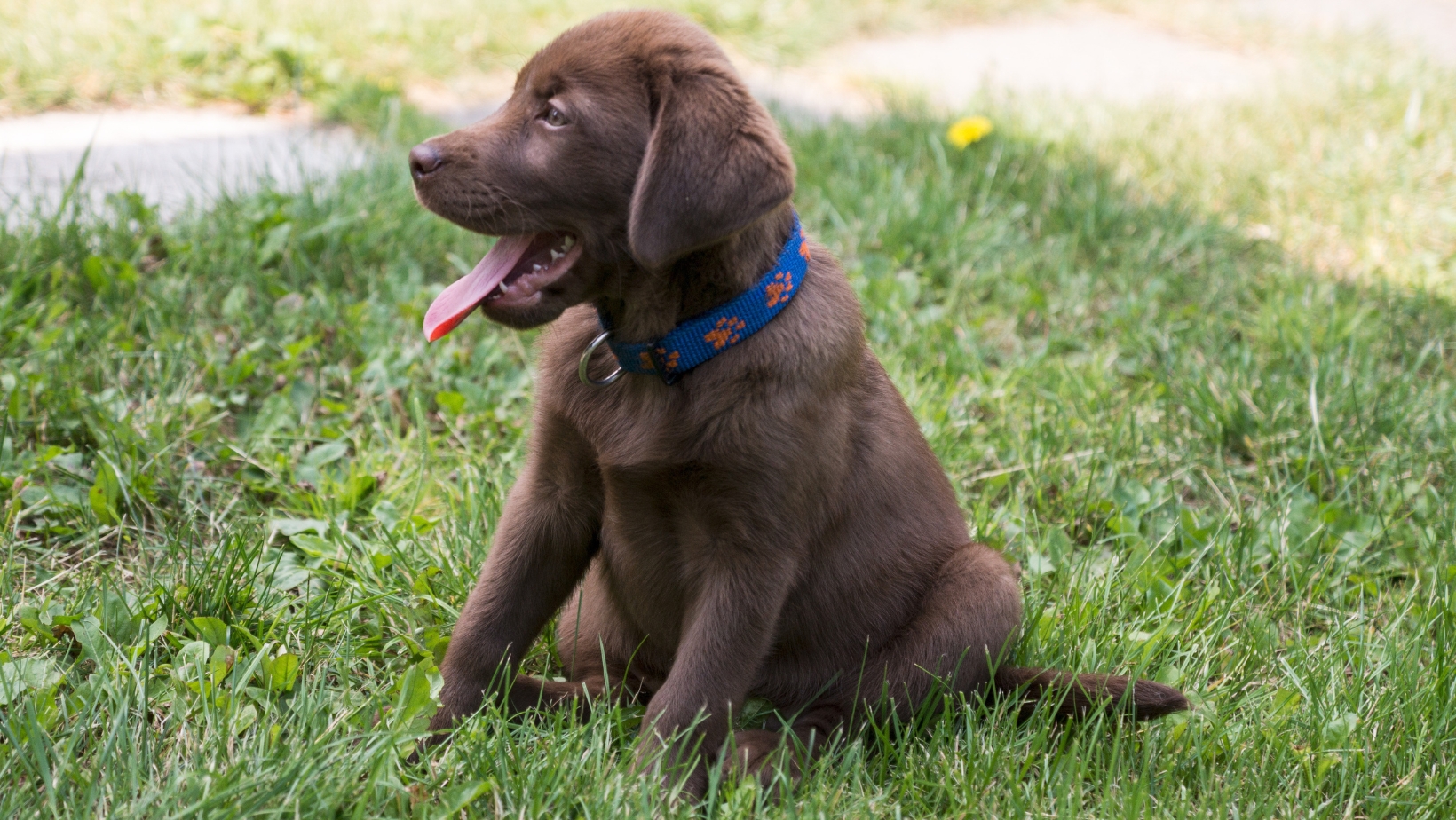When it comes to training a puppy not to bite, consistency and patience are key. This is especially true for Labrador puppies, known for their playful nature and tendency to use their mouths during playtime. To discourage biting behavior, a few effective strategies can be implemented.
Firstly, teaching the “leave it” command can help redirect your Labrador puppy’s attention away from biting. Start by holding a treat in your closed hand and offering it to your puppy. When they show interest in the treat, firmly say “leave it” and wait for them to stop attempting to get the treat. Once they do, reward them with praise or another treat that you give them from your other hand.
How Do U Train a Puppy Not to Bite
Teaching a puppy not to bite is an essential part of their training. Puppies, including Labradors, have an instinct to explore and interact with their environment using their mouths. However, it’s important to redirect this behavior to prevent any potential harm or discomfort. In this section, we’ll delve into the reasons behind puppy biting and explore effective methods for addressing this behavior.
Redirecting Chewing Behaviors
Labrador Retrievers are known for being active and energetic dogs who require plenty of mental and physical exercise. If your puppy starts nipping or biting out of boredom or excess energy, it’s vital to redirect their attention towards more appropriate outlets.
Engage your Labrador in interactive play sessions using toys such as ropes or balls they can chase and retrieve. This type of play allows them to channel their instincts into constructive activities rather than resorting to unwanted biting behaviors. Regular exercise routines will tire out your pup and promote good behavior overall.
Positive Reinforcement Training Methods
Positive reinforcement techniques have been proven most effective when training a puppy not to bite. Instead of scolding or punishing your puppy for biting, focus on rewarding them for good behavior.
When your Labrador pup refrains from biting or redirects their chewing to appropriate items, praise them enthusiastically and offer a small treat. This positive reinforcement will reinforce the desired behavior and encourage them to make the right choices. Consistency is key in training, so ensure everyone in your household follows the same approach.
By understanding the reasons behind puppy biting and implementing consistent training methods, you can effectively teach your Labrador not to bite.
Creating a safe and positive environment is crucial when training a puppy not to bite. As a responsible pet owner, it’s important to establish clear boundaries and provide a nurturing atmosphere for your Labrador puppy. In this section, I’ll share some effective strategies to help you create an environment that encourages good behavior and discourages biting.
- Puppy-proof your home: Before bringing your Labrador puppy home, create a safe space by removing any potential hazards or items that could tempt them to bite. Secure electrical cords, store household chemicals out of reach, and block off areas that may be unsafe for exploration.
- Provide plenty of chew toys: Puppies have an instinct to chew, so offering an array of appropriate chew toys will redirect their biting tendencies onto acceptable objects. Opt for sturdy toys designed for teething puppies, which can alleviate discomfort while promoting healthy chewing habits.
- Socialize your puppy: Exposing your Labrador puppy to various people, animals, and environments early is key to preventing fear-based aggression. Gradually introduce them to new experiences in a controlled setting, allowing them to interact with other well-behaved dogs and gentle individuals.
- Use positive reinforcement techniques: Reward-based training methods are highly effective when teaching puppies not to bite. Whenever your Labrador pup displays gentle behavior or refrains from biting during playtime, praise and reward them with treats or verbal affirmations. This positive association will reinforce the desired behavior.
- Teach bite inhibition: Labradors have strong jaws but need to learn how much pressure is appropriate during playtime interactions with humans or other animals. When your puppy bites too hard during play, let out a high-pitched yelp (to mimic the reaction of another dog) and immediately withdraw attention for a short time-out period before resuming play.
Remember, training a puppy not to bite requires patience, consistency, and a safe environment that supports their learning. By implementing these strategies and providing appropriate outlets for their instincts, you’ll be well on your way to raising a well-behaved and gentle Labrador companion.
